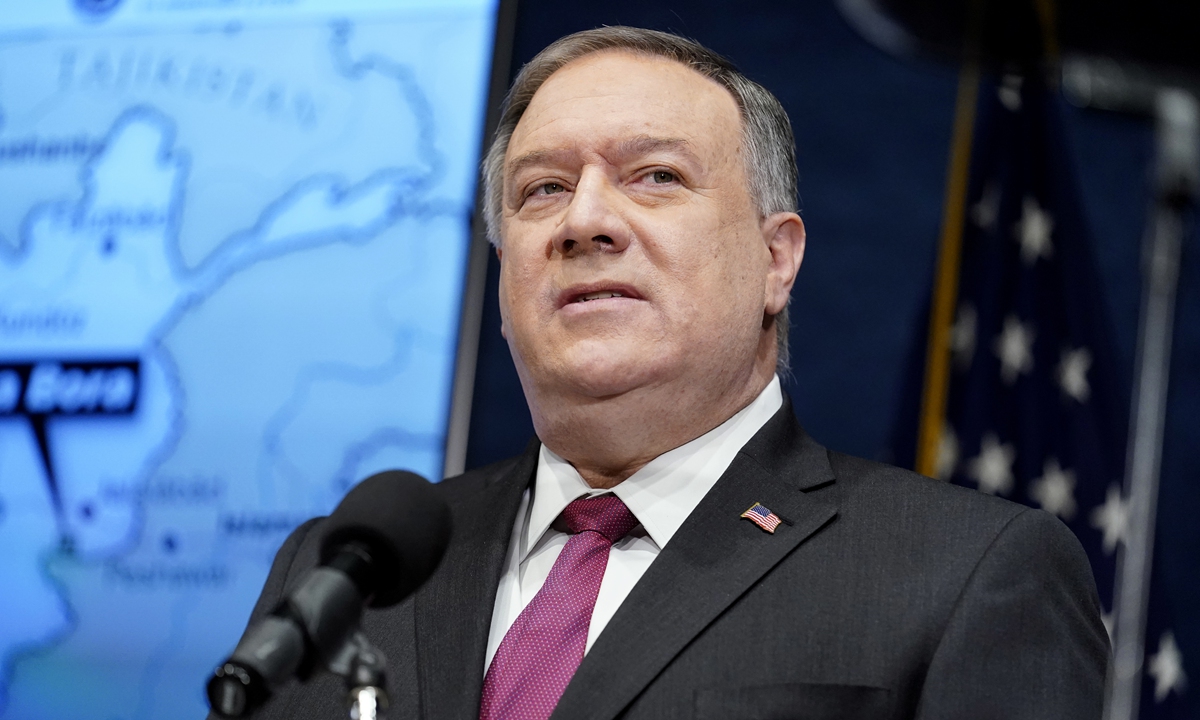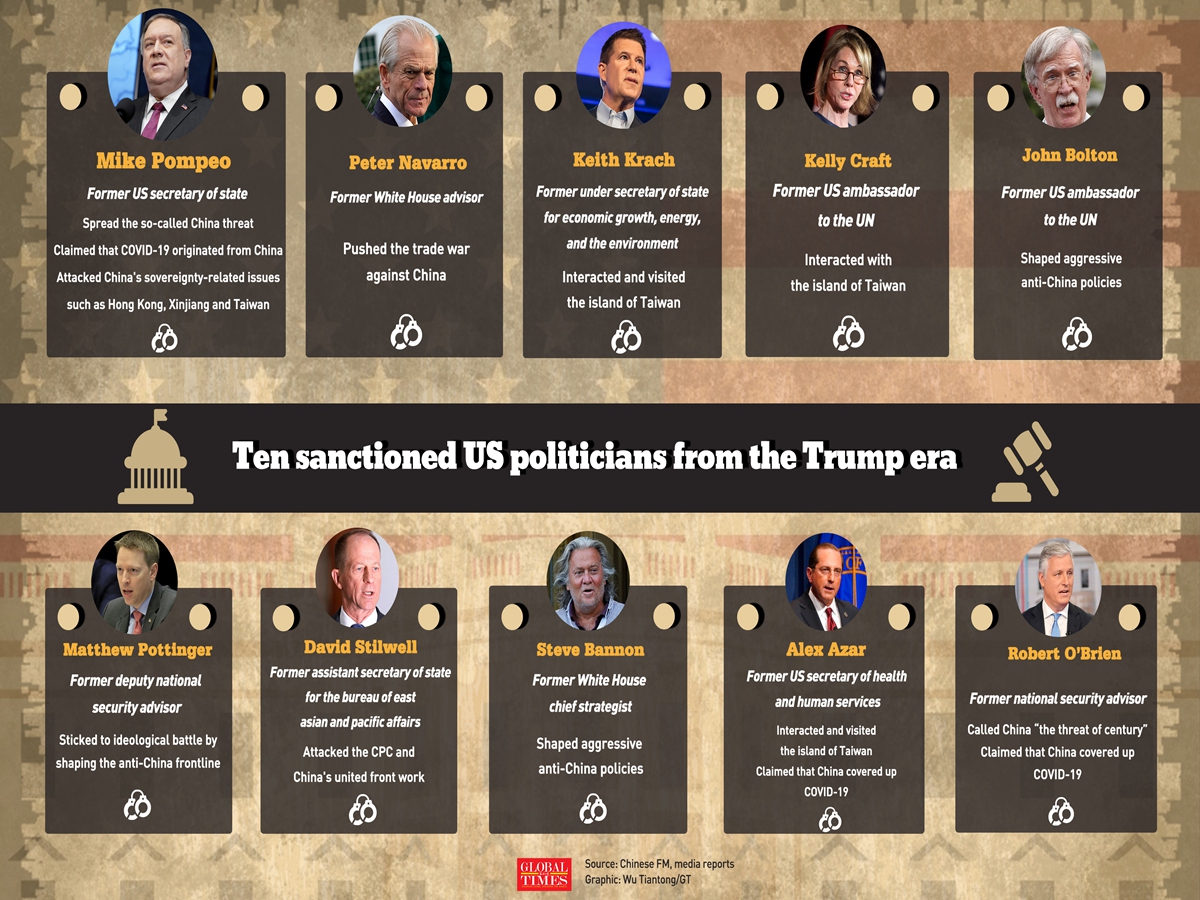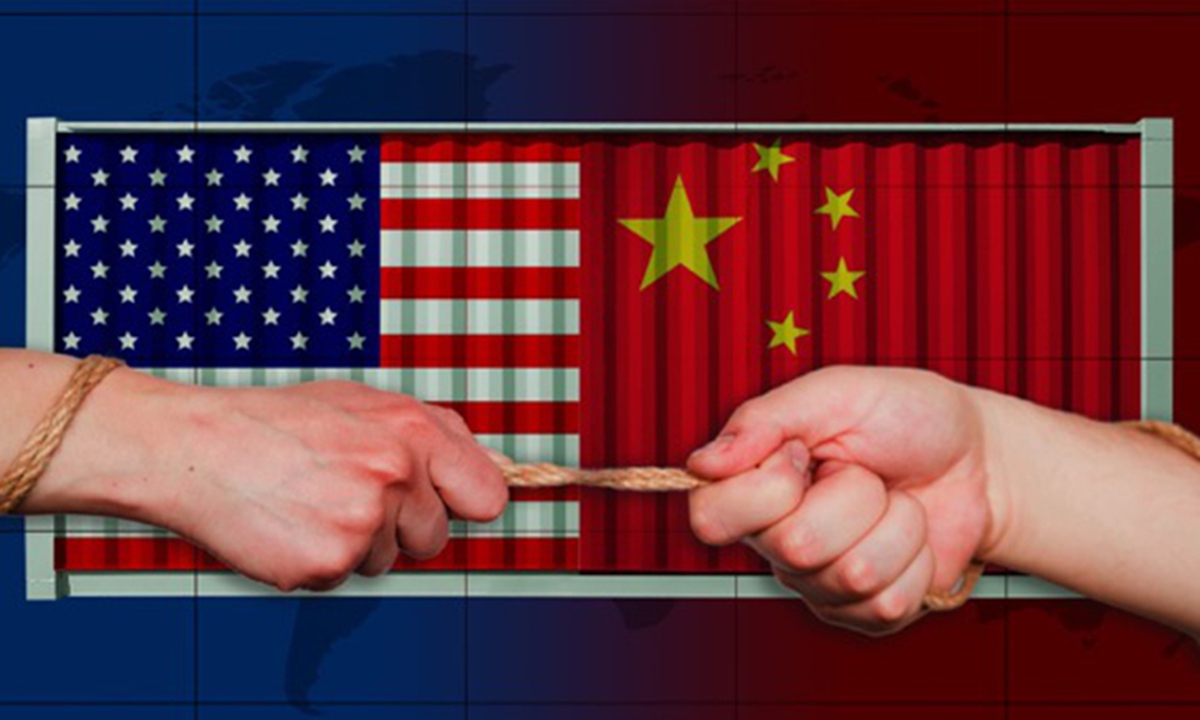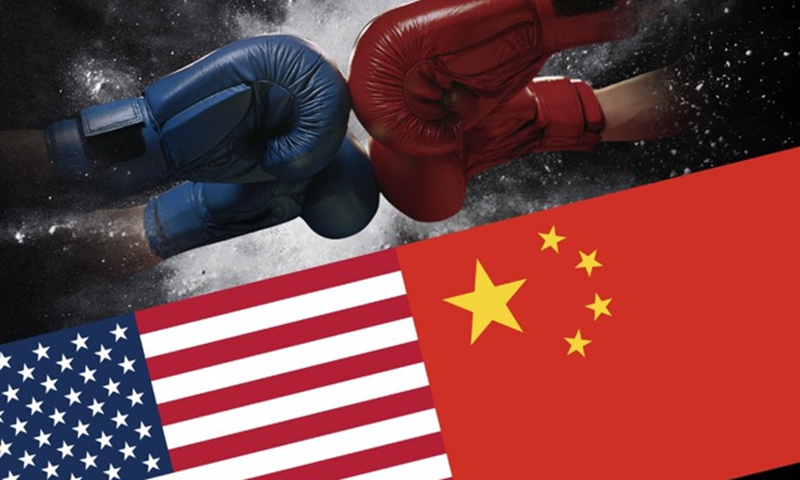MANY individuals and groups have shared suggestions of how to manage the Covid-19 pandemic. Allow me to summarise five key measures we critically need to take to manage the crisis.
Test extensively:
Ramping up our PCR (reverse transcription polymerase chain reaction) tests to 100,000 a day is insufficient. PCR tests are labour intensive and results are usually delayed. If it takes three to five days to get a result, this limits the value of the testing.
We need hundreds of thousands of RTK-Ag (antigen rapid test kit) tests on the ground. With a one- hour result time they offer rapid response and action when positive.
Even if they are only 75% sensitive, it significantly mutes the pandemic. Equivocal results can be sent for PCR testing. We should keep PCR tests for patients requiring admission and testing of high risk symptomatic persons (over 60 years with major comorbidities).
Restore contact tracing:
Contact tracing activities have been swamped by the huge numbers and have currently failed. We must learn from other nations.
Rapidly employ the more than 10,000 retrenched non-medical professionals, train and use them to re-establish contact tracing in all states. This will also free healthcare staff to do more vital tasks.
We must dramatically improve our handphone applications to allow for seamless contact tracing and notification of the public.
Support Health Ministry staff:
Our Health Ministry staff are long past burnout. The burden of excessive work, long hours wearing PPE (personal protective equipment), fears of contracting Covid-19 and lack of adequate emotional support have wrought havoc on a healthcare system that was always fragile and inadequate.
We must immediately offer permanent jobs to all Health Ministry staff on contract, as well as hire all available doctors, pharmacists and nurses waiting for jobs. Also consider graduating all final year doctors, pharmacists and nurses, using their continued formative assessments and prior examination results as a proxy indicator of performance.
Improve home quarantine:
Home quarantine is useful for Covid-19 individuals who are well and healthy. However, maintaining home quarantine for large numbers is a challenge. There are numerous reports of those who are supposed to be under home quarantine, either because they are positive or have been in close contact with a confirmed case, travelling outside their home to get food or visit a doctor.
In addition, many people are at a loss about what to do at home and are waiting for days for Health Ministry personnel to contact them. There must be a mechanism to improve current home quarantine conditions.
We should hire and train retrenched non-medical professionals and use them to monitor and support these individuals.
It may be important for the Health Ministry to offer hospitalised quarantine for those over 60 years of age with major comorbidities, as they are at high risk for death.
Widen pick up services:
Individuals who are found to be Covd-19 positive and require hospitalisation should not have to wait. We hear many anecdotal reports of such persons waiting for days to be admitted.
We recognise that the Health Ministry’s ambulance services are overwhelmed. We need to urgently widen the pick-up services. We can train and use private ambulance services, especially for those who are really ill.
For those who are mildly ill and require hospitalisation, we could work with established transport services (taxis, Grab, etc) to provide a dedicated pick up service with good PPE and protection for the drivers.
When there is a huge fire raging in a large region, using hand-held fire extinguishers will not work. We cannot continue with the same initiatives we have practised thus far to control the vast local outbreak.
Using imaginative, out-of-the box strategies are necessary. No one person or organisation has all the solutions or answers. Listening to diverse views is critical.
DATUK DR AMAR-SINGH HSS , Senior Consultant Paediatrician
Related posts











